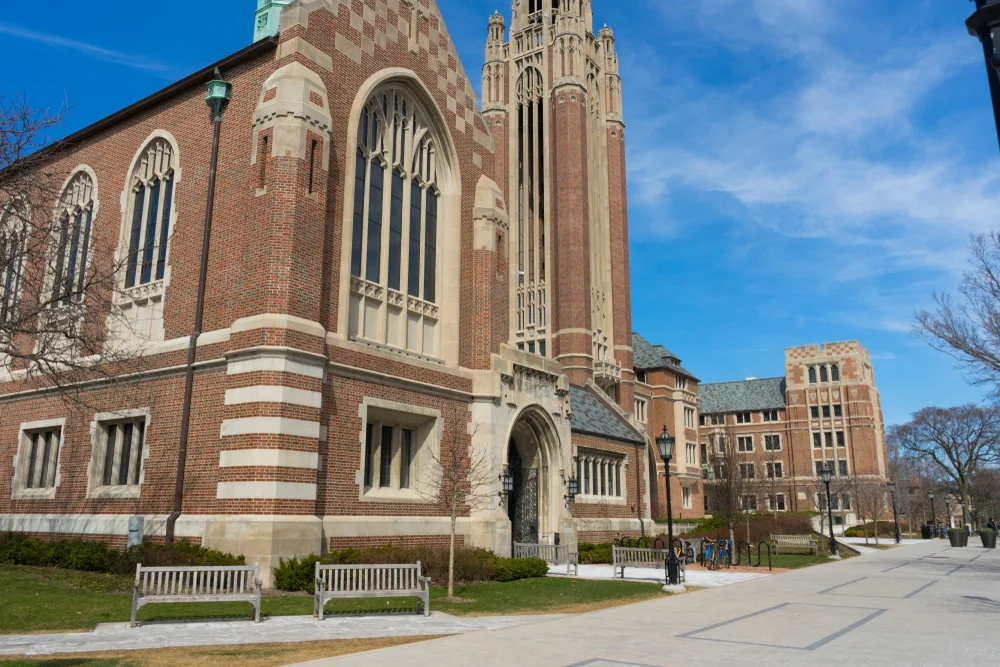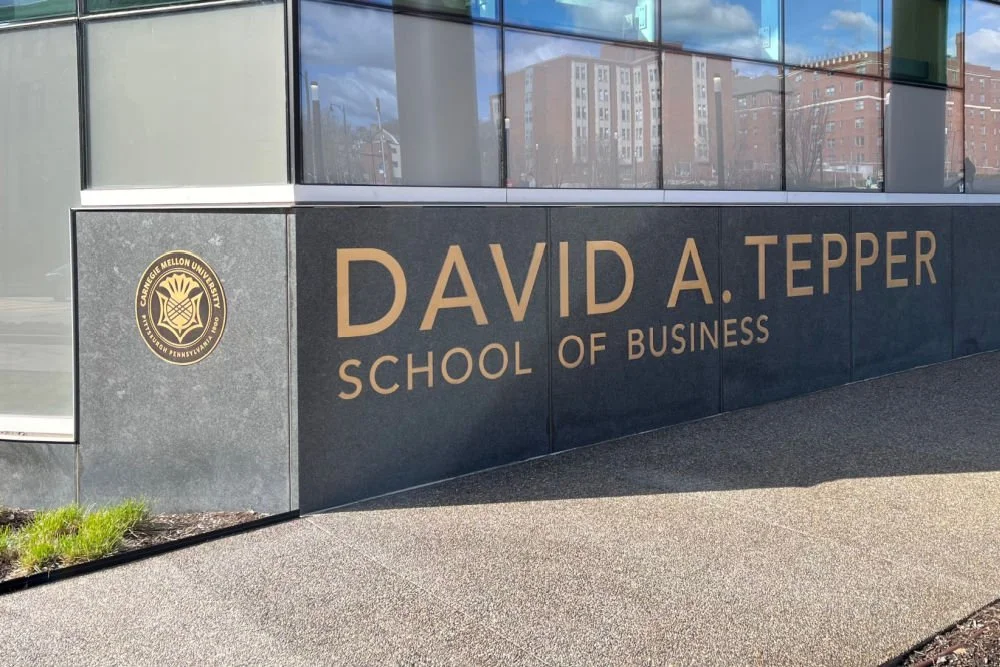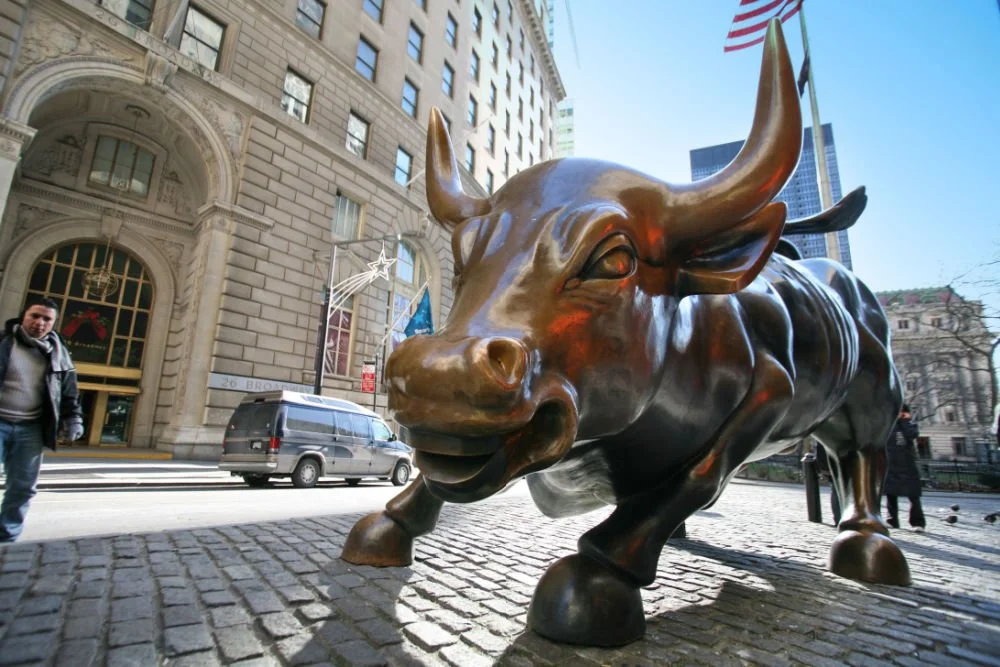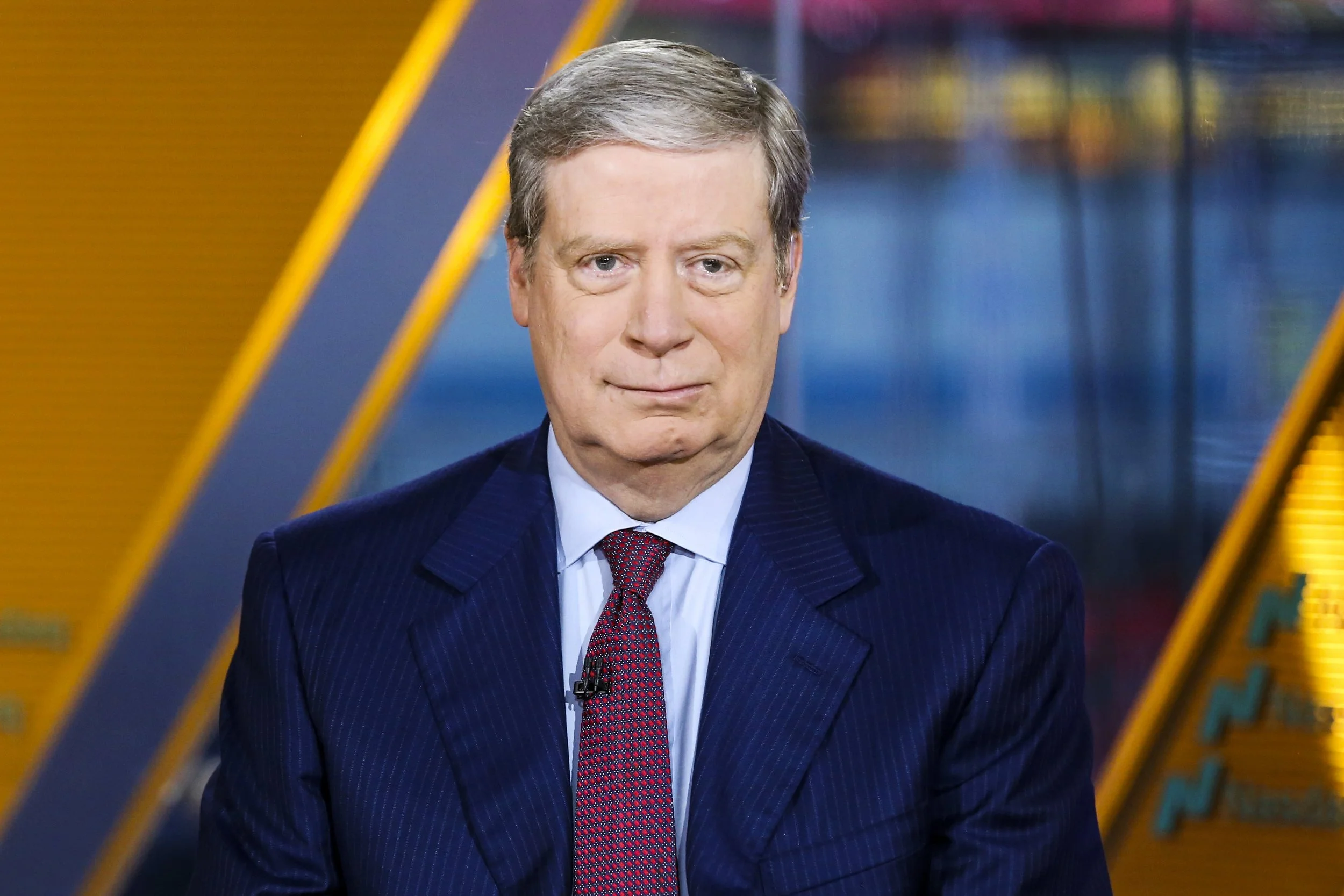He’s Given $700 Million So Far, With Much More To Come: What Drives Kenneth Griffin's Philanthropy?
/Griffin’s latest big give was a $125 million donation to the economics department at the University of Chicago. ben bryant/shutterstock
Hedge fund billionaire Kenneth Griffin has one of the more diverse portfolios in modern philanthropy. His $700 million in donations thus far have flowed to organizations including alma mater Harvard University, the Chicago Public Education Fund, and the Griffin Dinosaur Experience at the Field Museum of Natural History.
With a net worth of $8.7 billion and wide-ranging interests, the 50-year-old Griffin in an important donor to watch with many years of mega-giving ahead of him. All of which makes his recent chat with Lisa Bertagnoli in Crain’s Chicago Business a must-read.
Asked why he gives, Griffin talked about gratitude, an explanation we hear often from top American philanthropists. “When you are grateful to be part of a culture and a country, what can you do to make that country better?” he said.
While plenty of donors like the glitz of galas and circulating around as a big shot, Griffin isn’t one of them. “I tend to avoid them,” he says of charity events. “I have three little kids. I have a finite number of hours in my day. My kids come first. One of my dearest friends being honored might get me to go. When we opened the Modern Wing of the Art Institute, that was a huge accomplishment for Chicago, and of course, I was there.”
On the other hand, all of Griffin’s gifts have had his name and the dollar amount attached to them. Some have been accompanied by a fair amount of publicity. In an era when mega-givers are often accused of being driven by ego—with good reason, in some cases—you might wonder if that’s the case here, with Griffin. But consider his exchange with Bertagnoli on this point:
There are three basic ways to make big gifts: anonymously; with a name but no amount; and with a name and amount. Why do you choose the latter?
With literally no exception, every institution I've supported wants the third. They want the idea that there's public validation, and then there's a number associated with (the gift) that helps to drive other contributors.
Griffin’s take echoes new research from the Women’s Philanthropy Institute at Indiana University, which found that to increase giving to their causes, charities should inform existing and potential donors about what others are contributing.
So far, Griffin has barely scratched the surface of his giving potential. When asked by Bertagnoli if he planned to sign the Giving Pledge, Griffin said, “I will not be signing the Giving Pledge. You will clearly see me give away my wealth over my lifetime and when I pass away. And I will let my actions speak louder than signing a pledge.”
Griffin’s biggest recent give was a $125 million donation to the economics department at the University of Chicago. At the time, I found it a bit ironic. After all, here is a donor who got rich in the results-driven world of finance, giving tons of money in a higher ed space replete with vague metrics, vast inefficiencies, exploding costs, and misaligned incentives. (We made the same argument after Bloomberg’s $1.8 billion financial aid gift to Johns Hopkins.) But being a billionaire gives Griffin some breathing room, and he’s said that he plans to donate $1 billion to higher education during his lifetime.
Considering his gift to Chicago might leave the impression that Griffin is an alumnus of the school. But that’s not the case. So what compelled Griffin to go against the grain here? He cites two reasons. First, the school’s “pioneering work in economics.” The economics department, he said, “is at the forefront of trying to think about how people make economic decisions, and our economy works really well when our population understands economics, when our businesses understand that they will be successful by creating products that people value.” Of course, that department is also a famous bastion of free market thinking, offering a home to Milton Friedman for three decades, among other conservative scholars. Perhaps not coincidentally, Griffin is a major donor to conservative and GOP super PACs—although he told Bertagnoli, “I'm not ideologically married to a particular party or mindset.”
As to the second reason for the big Chicago gift, we’ve reported on alumni donors backing away from some universities and colleges that they've seen as giving in to activist demands. The University of Chicago, however, drew national attention when its dean of students spoke out against practices like “safe spaces” and “trigger warnings” gaining ground at other schools.
This resonated with Griffin, who is also a trustee of the university. After making his gift, Griffin praised the school as “fundamentally committed to free expression, fierce debate, and intellectual pursuit,” and a culture of “rigorous questioning and open discourse.” Similarly, in his chat with Bertagnoli, Griffin heralded president Bob Zimmer's “passionate fighting” for free speech. “The University of Chicago,” he said, “is completely on the forefront of the protection of free speech on college campuses across the country.”
A recent piece in Crain’s looked at how the university is deploying Griffin’s gift. Administrators plan a new “Griffin research incubator” sponsoring an annual campus-wide conference, more department faculty hires, and a continuing stipend increase for doctoral students. “Our goal is to be the best department in the world,” said John List, former chair of the University of Chicago’s economics department.
The school’s efforts come as universities increasingly turn to donor dollars to attract top talent and, as arbitrary as it may sound, stay atop the leaderboard in the ever-critical U.S. News and World Report rankings. Viewed through this lens, Griffin’s gift came at a particularly opportune time: The University of Chicago’s economics department recently slipped from a tie at No. 1 to a tie for No. 7 with rival Northwestern University.
But while there are some metrics to watch for sure, it’s not clear that Griffin pays much attention to such things. Research from the Philanthropy Workshop, published in a 2018 report titled “Going Beyond Giving,” found that many mega-donors aren’t obsessed with metrics or evaluation, despite their stereotype as hard-nosed MBA types.
Make no mistake: Griffin clearly understands the importance of results in business and philanthropy. He told Bertagnoli that his University of Chicago gift reflects “the fact that I've run a business that creates value for people.” That said, in explaining to Bertagnoli what motivates his giving, Griffin also said he believes that not all “value” can be empirically measured.
“When I go to Harvard and I’m with the 19-year-old Hispanic student from a poor area of Texas, and they talk about the education they’re having, the experiences they’re having, what they plan to do after university, that’s a great moment,” he said.
Ultimately, the clearest theme in Griffin’s giving is his love of Chicago and desire to improve the city. Over the years, his local gifts haven’t just included major donations to top cultural institutions, but support for local parks, education and anti-crime initiatives.
Griffin, who has an estate in Palm Beach, also gives in South Florida. Check out our take on his recent $16 million donation to the Norton Museum of Art in West Palm Beach.







































